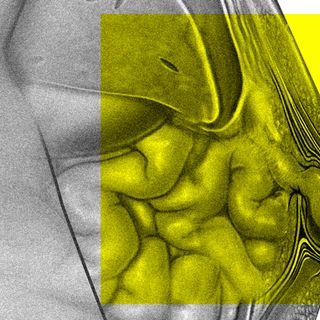Regular consumption of even small amounts of alcohol can increase the risk of atrial fibrillation, a type of irregular heartbeat, a new study has found.
Atrial fibrillation affects nearly 1 million people in India every year, according to the Mayo Clinic. It is the most common form of arrhythmia (irregular heartbeat) and can lead to blood clots, stroke, heart failure, and other heart-related complications.
In the study, the researchers categorized one alcoholic drink as 12 grams of ethanol — equivalent to a pint of beer (330 mL), a glass of wine (120 mL), or 40 mL of other spirits.
They found that while one such drink a day was linked to a 16% increased risk of atrial fibrillation over an average period of 14 years, the risk rose to 28% for up to two drinks, and 47% for more than four drinks.
“To our knowledge, this is the largest study on alcohol consumption and long-term incidence of atrial fibrillation in the community. Previous studies have not had enough power to examine this question, although they have been able to show a relationship between alcohol intake and other heart and blood vessel problems, such as heart attack and heart failure,” Professor Renate Schnabel, a consultant cardiologist at the University Heart and Vascular Center in Germany, who was involved in the study, told the media.
Related on The Swaddle:
Study: Estrogen May Make Alcohol Consumption Feel More Rewarding to Women
Published yesterday in the European Heart Journal, the study examined the heart health and drinking habits of nearly 108,000 people aged 24 to 97 over the course of 14 years. The individuals monitored for this research were part of five community-based studies from Sweden, Norway, Finland, Denmark, and Italy.
Previous research suggests that atrial fibrillation can lead to a 5% to 7% annual risk of stroke. But what makes atrial fibrillation most concerning is that it is largely undetectable. “Many people have palpitations and dizziness, but one of the bad things about atrial fibrillation is that it’s asymptomatic and can lead to other problems such as stroke. In many people, a stroke is the first manifestation of the disease,” Professor Schnabel explained.
“These findings are important as the regular consumption of alcohol, the ‘one glass of wine a day’ to protect the heart, as is often recommended for instance in the lay press, should probably no longer be suggested without balancing risks and possible benefits for all heart and blood vessel diseases, including atrial fibrillation,” Professor Schnabel warned.




